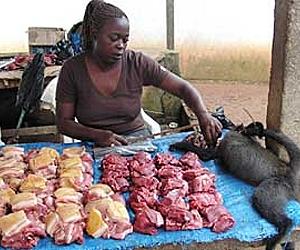myhem
JF-Expert Member
- Nov 1, 2010
- 933
- 358
Kwetu watz wengi ni kama "kobello" tu!!
Kinachonichekeshaga bongo yangu hii hata akitokea mtu wa kutuamsha, tunamuona mkorofi sananu watakuja wakina "kobello" kujenga "hoja" za kuwa hata "mamtoni" hali ni hivyo hivyo.....
Na watu kama wakina "kobello" ndio wafanya maamuzi...
Kuna nini hapo???
Nakubaliana nawe mkuu.Hata chadema walipotaka kuwasaidia watz ktkt hili baadhi ya viongozi wa dini walisema hizo ni njama za kuiondoa serikali madarakani kwasababu rais ni muumini wao hivyo chadema wakiandamana nao wataandamana kuipanga chadema.Ona hali inazidi kuwa ngumu kwa wote bila kuchagua walio dini moja na rais.

